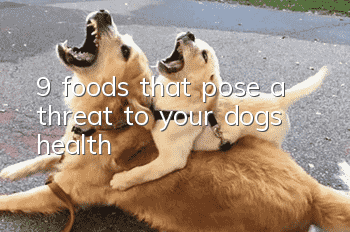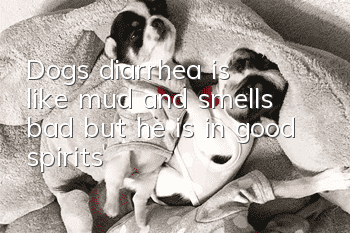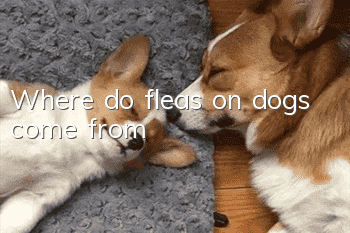9 foods that pose a threat to your dog’s health

The following nine kinds of food are delicious to humans, but they pose a threat to the health of dogs and should not be fed or fed less:
Chocolate [Can be fatal]
Theobromine in chocolate reduces blood flow to the brain in animals, which may cause heart disease and other potentially fatal problems. The higher the purity of chocolate, the higher the content of theobromine it contains, and the greater the risk to dogs.
Onions and green onions [dangerous]
Raw or cooked onions and scallions contain disulfide, which is harmless to the human body but can cause oxidation of red blood cells in cats, dogs, sheep, horses, and cattle. May cause hemolytic anemia.
Raw or cooked liver [dangerous]
A small amount of liver is fine for dogs, but too much can cause problems. Because the liver contains a large amount of vitamin A, it can cause vitamin A poisoning. About three chicken livers (or corresponding amounts of other animal livers) a week can cause bone problems.
Bones [Danger]
Splinterable bones, such as chicken bones, may pierce the dog's throat or cut the dog's mouth, esophagus, stomach or intestines. If you want to feed bones, cook them in a pressure cooker. Bone marrow is an excellent source of calcium, phosphorus, and copper. Chewing large bones can help remove tartar.
Raw eggs [dangerous]
Raw egg whites contain a protein called avidin, which depletes your dog's body of vitamin H. Vitamin H is an essential nutrient for dog growth and coat health, and raw eggs often contain germs. Hard-boiled eggs are perfect for it.
Raw meat and poultry [dangerous ~ fatal]
Dogs’ immune systems cannot adapt to artificially raised poultry and meat. The most common types of bacteria, Salmonella and Bacillus, are very dangerous to dogs.
Pork [not recommended for feeding]
The fat globules in pork are larger than those in other meats and may clog your dog’s capillaries. Avoid pig products, especially bacon, which contains sodium nitrate.
Milk [not recommended]
Many dogs are lactose intolerant. If your dog develops gas, diarrhea, dehydration or skin inflammation after drinking milk, you should stop feeding milk. Dogs with lactose intolerance should consume milk that does not contain lactose.
Mushrooms [not recommended ~ fatal]
Commercially available edible mushrooms, mushrooms, etc. are harmless to dogs. However, it is better to avoid letting dogs eat them to avoid developing the habit of eating mushrooms and accidentally eating poisonous mushrooms in the wild.
- What medicine should a golden retriever have diarrhea? Is it okay to give oxytetracycline to a golden retriever dog with diarrhea without eating?
- The smile of the Shiba Inu, which is very popular recently. How old does it take to teach a Shiba Inu to smile?
- Why do dogs need to be neutered? 8 benefits of neutering your dog!
- Do dogs need anti-inflammatory injections after giving birth to puppies?
- When is the best time for dogs to take deworming medicine?
- Is the Brazilian Mastiff easy to raise? What are its characteristics_Pictures
- Is the Neapolitan Mastiff easy to raise? The living habits of the Neapolitan Mastiff
- Symptoms of canine parainfluenza
- Do Papillon Dogs have bad breath? How to improve the bad breath problem of Papillon dogs?
- Can Huskies have their teeth extracted? What are the precautions for tooth extraction?



